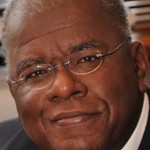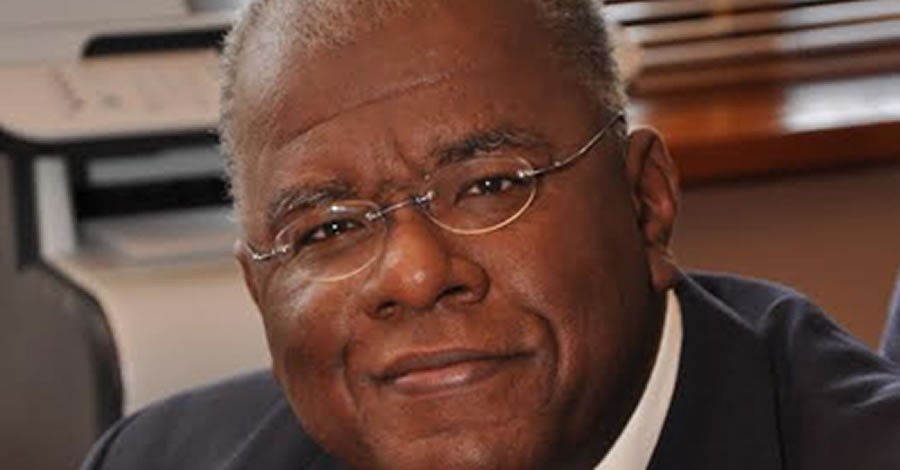
Jonathan Jansen: Rugby Match Violence Reveals Deep-Seated Anger…But Hope Abounds
We are gutted, here in the middle of the country on a university campus I have come to embrace with all its hope and hurt, its great strides and lingering imperfections. An incident on Monday evening in a Varsity Cup rugby match between the Madibaz of the Nelson Mandela Metropolitan University and the Shimlas of […]
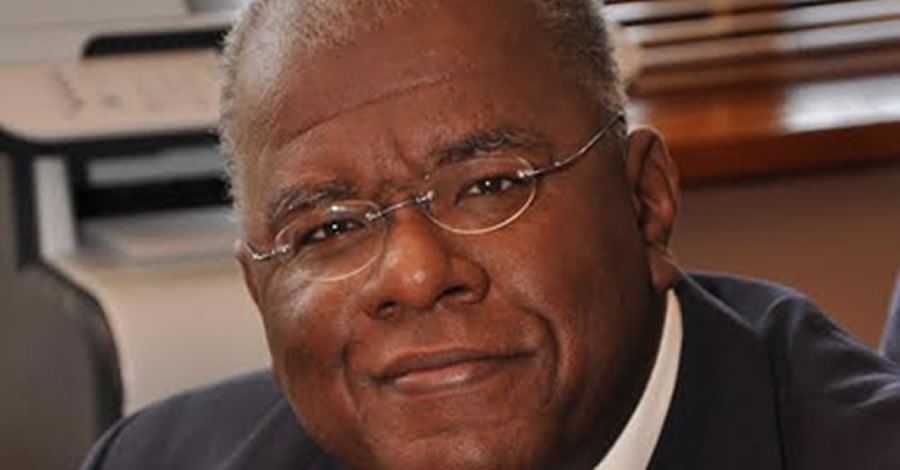
We are gutted, here in the middle of the country on a university campus I have come to embrace with all its hope and hurt, its great strides and lingering imperfections.
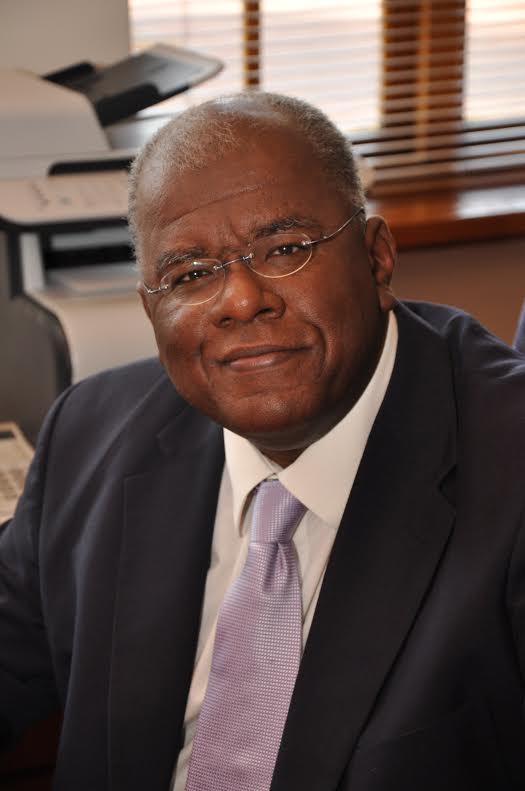
An incident on Monday evening in a Varsity Cup rugby match between the Madibaz of the Nelson Mandela Metropolitan University and the Shimlas of the University of the Free State shocked us to the core.
A small group of protesters, students and outside people, broke through a closed entrance to the stadium and about 17 minutes into the match walked onto the field to disrupt the game in progress.
Sensing danger, because of the main security dispatch still being outside the stadium, I rushed back to the parking lot to retrieve my cellphone from the car.
By the time I returned, the last seconds of a terrible scene unfolded before my eyes as spectators, community members from outside the university and some students (not all white), chased down and beat up some of the protesters.
Before we could even move, it was over and a few injured protesters were treated on the field and in the medical facility inside the grounds.
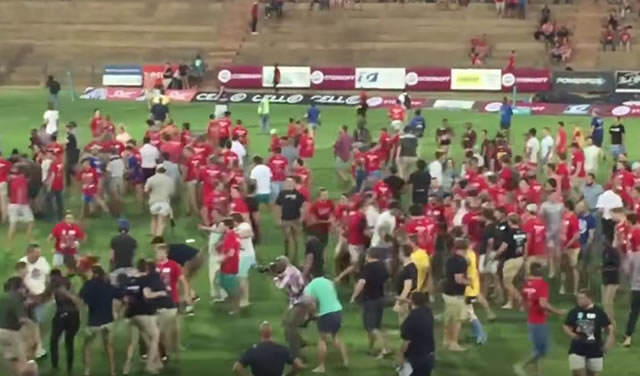
Yes, the march was disruptive and ill-advised but it did not harm anyone. In fact, every citizen in this country has the right to protest.
Nobody, however, has the right to assault another human being.
I am dismayed, disgusted and distraught at the behaviour of a slice of our community; yes, our community. The struggle to transform one campus has been difficult but so much progress has been made. And then this one incident comes along and old wounds are opened up all over again.
That public assault unleashed a deep-seated anger among students and staff, and threatened to racially polarise a transformation project that still remains under construction. That terrifying assault explains the intense violence that followed on campus.
Fortunately, we have enough footage from the televised event that should enable us to identify the perpetrators of these attacks and lay the appropriate charges. This investigation is proceeding at pace.
But we need to do more, and so an independent inquiry will dig deeper to understand how this terrible event happened in the first place, including the pre-match actions of roving protesters, security arrangements and, of course, the management of the entire event.
And then once again as a university we will do some introspection among ourselves and with leaders of the community around the campus to determine what more can be done to prevent such reactive, racist violence at public events.
There is, of course, a national dimension to these protests. We know that political parties are angling for support in this election year so that each has a stake in these protest actions.
We found that what aggravates campus protests is the role of outsiders who have nothing to do with any university business. We have learnt from some sources that the Varsity Cup competition was in fact identified as an ideal platform for disruption — a live audience.
And we realise that one way of keeping university managements on the back foot is to keep changing the “demands” so that whatever is resolved today gives way to new urgencies tomorrow. It is not easy leading a university under these conditions.
Then there were as usual the many, many signs of hope.
The hundreds of messages from white students saying how disgusted they were by the actions of the spectators; from so many black students insisting that one incident does not capture their experiences of change at the institution — especially the students who had been on campus for multiple degrees and know the “before” and “after” picture.
The scores of students, black and white, who joined hands (even as I write this column) at the main gate to pray for justice, peace and calm at the university. And, of course, parents, alumni and well-wishers from around the country, and abroad, insisting that we “keep on keeping on”.
The vast majority of our 32,000 students are decent and they have worked hard to make living and learning and loving possible on a former white campus. But this one incident demonstrates again how deeply the “knowledge in the blood” (those passionate, dangerous beliefs and commitments about ourselves and others) still resides within us.
“We were at 100%,” said Siya after the incident, “now we have to rebuild from 0% again,” the disheartened student told me.
I can assure you, we will. We owe it to the campus and the country.
This article first appeared in The Times, and is republished here with kind permission of Jonathan Jansen.
